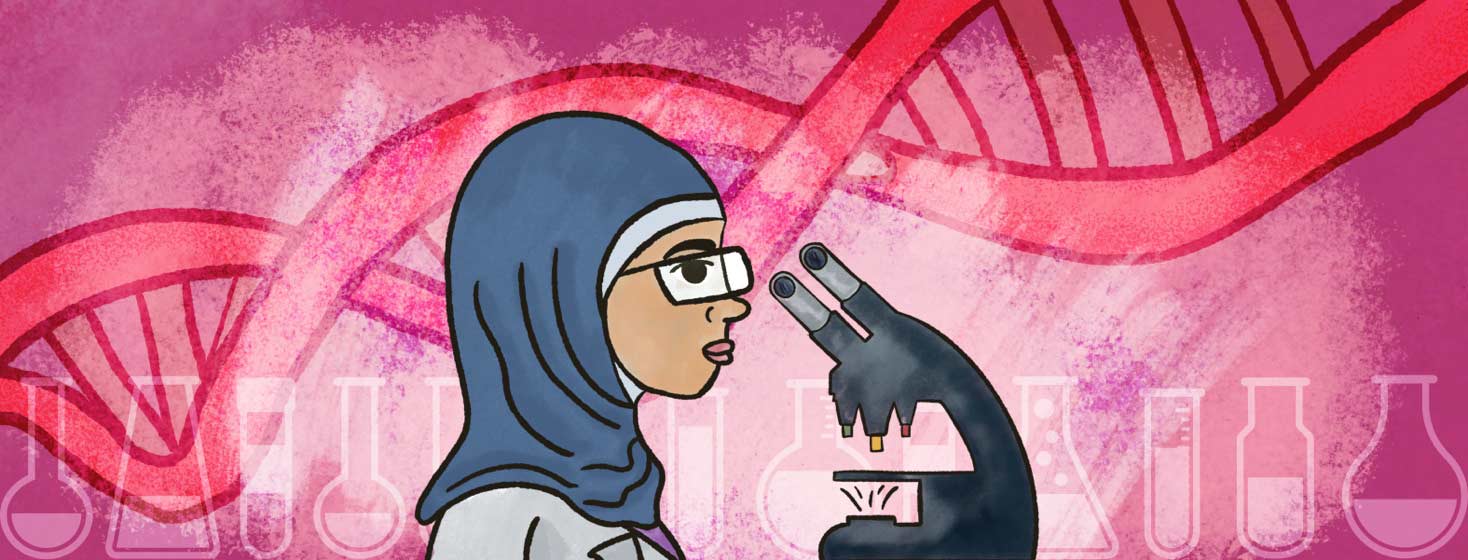What Does Variant of Uncertain Significance (VUS) Mean?
Genetic testing may help identify people who are at a higher risk of developing breast or ovarian cancer. However, testing results are not always certain.1,2
Genetic testing for ovarian cancer
Genetic testing for breast and ovarian cancer looks for mutations in the breast cancer 1 (BRCA1) and breast cancer 2 (BRCA2) genes. Doctors may recommend this testing if you have a family or personal history of certain types of cancer. Genetic test results can also impact treatment options for people who already have a cancer diagnosis.1
For most people, the BRCA1 and BRCA2 genes protect them from getting cancer. But if these genes have certain mutations, they may not work properly. This can increase the risk of developing cancer. These mutations can be inherited or passed down through families in genes.1
Variant of uncertain significance test results
The results of a genetic test can be positive or negative for mutations with a known increased risk of cancer, such as BRCA1 or BRCA2. But there is another option. You may get a variant of uncertain significance (VUS) result. This means the test found a mutation in one of the genes linked to inherited cancer, but it is not known if the mutation causes cancer.1
It is difficult to determine exactly what the impact of many genetic mutations will be. Some mutations do not impact how a gene works and do not increase the risk of cancer. But it is possible some mutations could impact the gene and increase the risk.1,2
If you have a VUS result, it does not mean your family members need genetic testing. Because the meaning of VUS is uncertain, testing for family members would not clarify their risk of developing cancer.2
Treatment for VUS results
Research on categorizing more variants of uncertain significance is important because knowledge of mutations can impact cancer or preventative treatment. People with known BRCA1 and BRCA2 mutations can take steps to lower their risk of developing breast and ovarian cancer. For example, they may take certain medications that lower their risk or get more regular screenings to check for cancer.1,3
The most effective way to lower the risk of cancer is surgery to remove the breasts, ovaries, or fallopian tubes. However, these are invasive and life-changing surgeries. It is important to know for certain if your genes put you at risk for cancer before deciding on surgery.1,3
For people who already have breast or ovarian cancer, their treatment may be impacted by their genetic test results. Certain types of medicine have been shown to be more effective in people with known BRCA1 and BRCA2 mutations.2,3
Research on categorizing VUS
Researchers are working to categorize more VUS. This means they are trying to identify the specific impact of certain variations. Over the years, progress has been made in identifying VUS. In the last 10 years, many VUS have been reclassified as increasing or not impacting the risk of developing cancer.2-4
Due to ongoing research, there is a chance your VUS could be classified after your genetic test. If this happens, the lab that performed your testing should contact your genetic counselor. The counselor should then reach out to you and explain any new changes in your results and what they could mean for you.2-4

Join the conversation